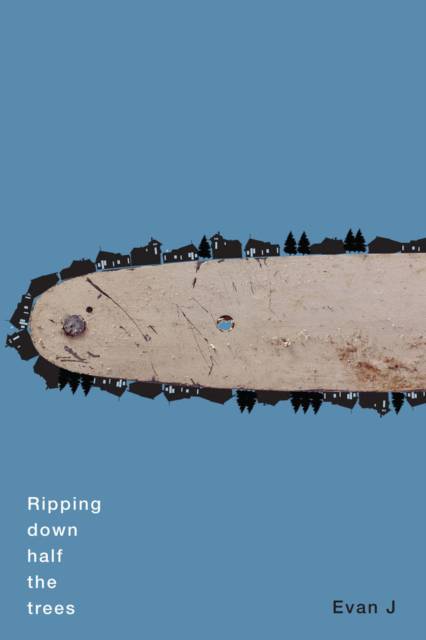
Bedankt voor het vertrouwen het afgelopen jaar! Om jou te bedanken bieden we GRATIS verzending (in België) aan op alles gedurende de hele maand januari.
- Afhalen na 1 uur in een winkel met voorraad
- In januari gratis thuislevering in België
- Ruim aanbod met 7 miljoen producten
Bedankt voor het vertrouwen het afgelopen jaar! Om jou te bedanken bieden we GRATIS verzending (in België) aan op alles gedurende de hele maand januari.
- Afhalen na 1 uur in een winkel met voorraad
- In januari gratis thuislevering in België
- Ruim aanbod met 7 miljoen producten
Zoeken
€ 19,95
+ 39 punten
Omschrijving
Some poems can live without souls / but mine remain ghastly fools flicking / uncomfortable narratives like / cigarette butts during class change.One out of every twenty students in the adult education classes Evan J teaches in Sioux Lookout, Ontario, dies every year; the surviving students are often afflicted by severe racism, poverty, addictions, and violence. Ripping down half the trees engages with these struggles, offering a catalogue of experiences specific to the remote regions of Canada.Tearing down the façade of Canadian justice and equality to expose the racism, colonialism, sexism, prejudicial capitalism, and ableism at the nation's core, these are poems about cruelty, both the obvious and the ambient. They are unflinching in their sociopolitical criticism, upset by unchanging systemic oppressions, unable to overlook the threat of the author's white skin, unwilling to forget Justin Trudeau in blackface. And while they acknowledge the limits of the author's privileged perspective, they are never willing to let the perpetrating structures of this cruelty go unchecked.But these poems also let stand the shelterwood, the upstanding actions of individuals, the totems of hope. They work as coping strategies, as therapy, as empathy, offering a glimpse of optimism and a space for discourse. These are poems that listen.
Specificaties
Betrokkenen
- Auteur(s):
- Uitgeverij:
Inhoud
- Aantal bladzijden:
- 120
- Taal:
- Engels
- Reeks:
Eigenschappen
- Productcode (EAN):
- 9780228005469
- Verschijningsdatum:
- 1/06/2021
- Uitvoering:
- Paperback
- Formaat:
- Trade paperback (VS)
- Afmetingen:
- 119 mm x 188 mm
- Gewicht:
- 117 g

Alleen bij Standaard Boekhandel
+ 39 punten op je klantenkaart van Standaard Boekhandel
Beoordelingen
We publiceren alleen reviews die voldoen aan de voorwaarden voor reviews. Bekijk onze voorwaarden voor reviews.









